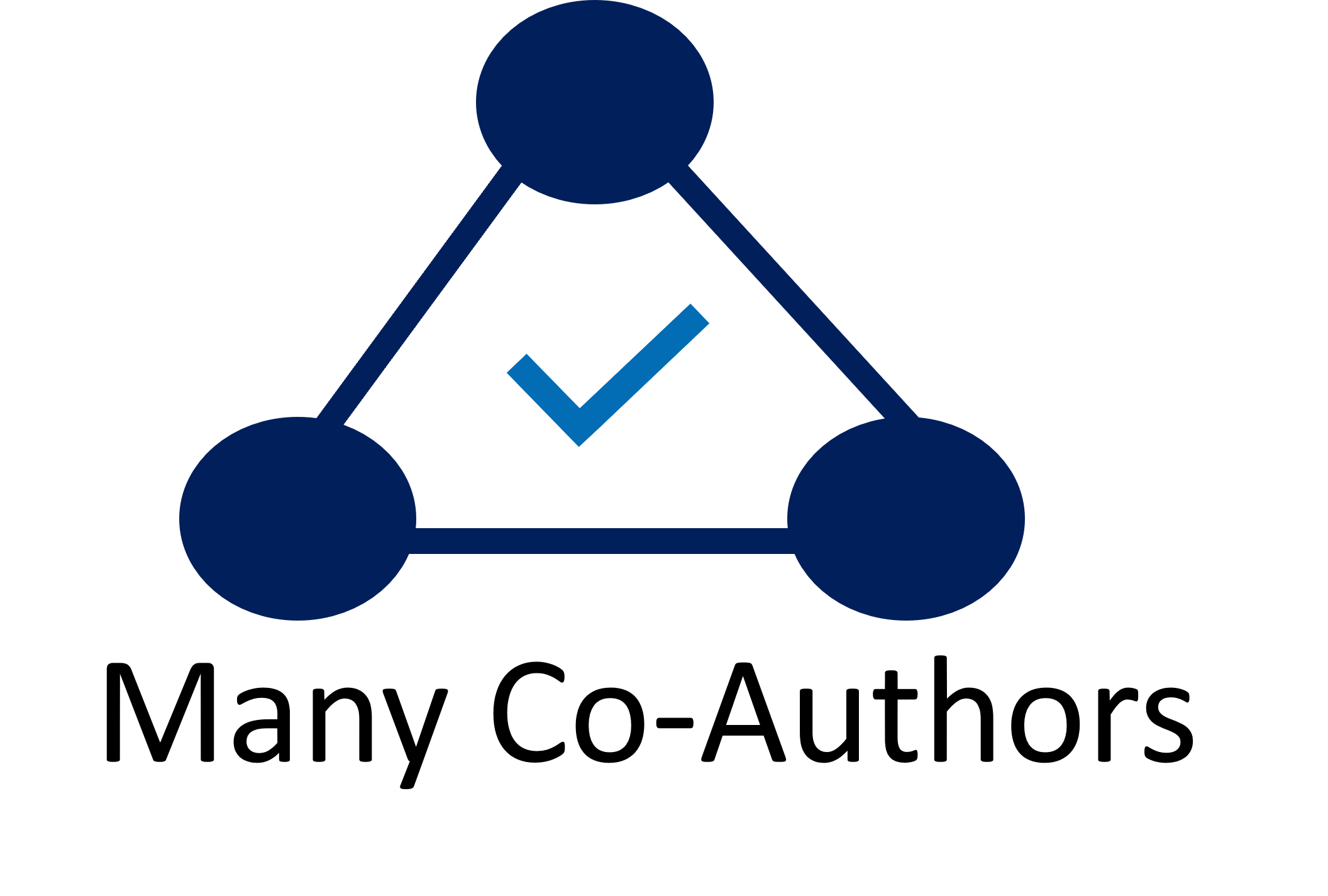

| Gino involved in data collection? |
Co-authors have/had raw data? |
Data for reproducing results available? | |
|---|---|---|---|
| Experiment 1 | Don't Know (1) Yes (1) |
No (2) |
No (2) |
| Experiment 2 | Don't Know (1) Yes (1) |
No (2) |
No (2) |
| Experiment 3 | Don't Know (1) Yes (1) |
No (2) |
No (2) |
| Gino involved in data collection? | Co-authors have/had raw data? | Data for reproducing results available? | |
|---|---|---|---|
| Experiment 1 | Don't Know | Never | No |
| Experiment 2 | Don't Know | Never | No |
| Experiment 3 | Don't Know | Never | No |
| Gino involved in data collection? | Co-authors have/had raw data? | Data for reproducing results available? | |
|---|---|---|---|
| Experiment 1 | Yes | Never | No |
| Experiment 2 | Yes | Never | No |
| Experiment 3 | Yes | Never | No |
The paper's main finding suggests that when people's dishonest acts benefit others,(i.e., altruisic cheating) they are more likely to view dishonesty as morally acceptable, allowing them to cheat more and feel less guilty about it.
Variations of altruistic cheating (e.g., white lies, collaborative cheating) were documented and reported in many scientific papers that were led by various researchers in different research labs, using different paradigms (e.g., Erat & Gneezy, 2012; Biziou-van-Pol et al., 2015; Leib et al., 2021; Levine & Scweitzer, 2014, 2015; Weisel & Shalvi, 2015).
In addition, I am currently co-supervising an ongoing PhD project at Ben-Gurion University where we investigate the emotional consequences of altruistic versus egoistic cheating. Our findings consistently show that people cheat more in the altruistic condition and experience less guilt and shame. Furthermore, the altruistic-cheating condition evokes a higher sense of self-pride as compared to the egoistic-cheating condition.
Finally, in another research project that will be submitted soon for publication, my colleagues and I examined when, and how altruistic cheating affects subsequent selfish unethical behavior. We use the term ‘spillover effect’ to describe a phenomenon showing that dishonest behavior is carried over (spilled) from justified altruistic dishonesty to unjustified selfish dishonesty. In this project again, we consistently replicate the basic effect of altruistic cheating (higher tendency to cheat when benefiting others).
References
Erat, S., & Gneezy, U. (2012). White lies. Management Science, 58(4), 723-733.
Biziou-van-Pol, L., Haenen, J., Novaro, A., Liberman, A. O., & Capraro, V. (2015). Does telling white lies signal pro-social preferences?. Judgment and Decision Making, 10(6), 538-548.
Leib, M., Köbis, N., Soraperra, I., Weisel, O., & Shalvi, S. (2021). Collaborative dishonesty: A meta-analytic review. Psychological Bulletin, 147(12), 1241.
Levine, E. E., & Schweitzer, M. E. (2014). Are liars ethical? On the tension between benevolence and honesty. Journal of Experimental Social Psychology, 53, 107-117.
Levine, E. E., & Schweitzer, M. E. (2015). Prosocial lies: When deception breeds trust. Organizational Behavior and Human Decision Processes, 126, 88-106.
Weisel, O., & Shalvi, S. (2015). The collaborative roots of corruption. Proceedings of the National Academy of Sciences, 112(34), 10651-10656.